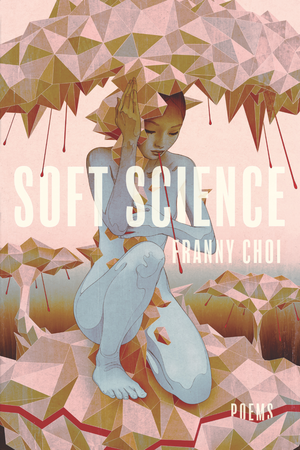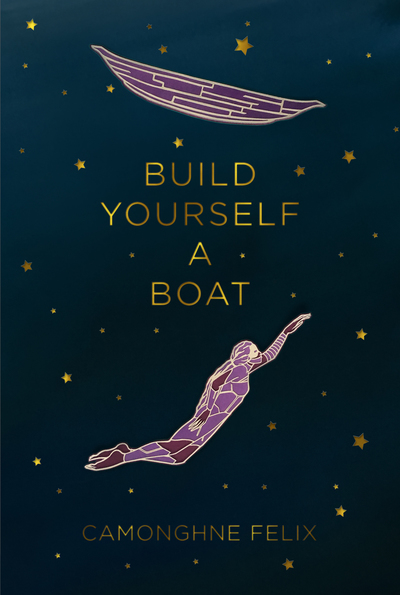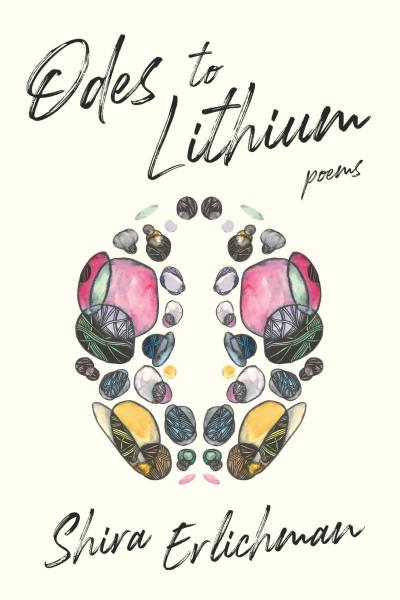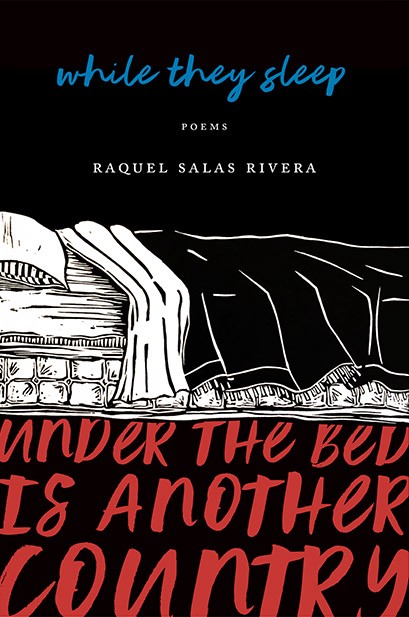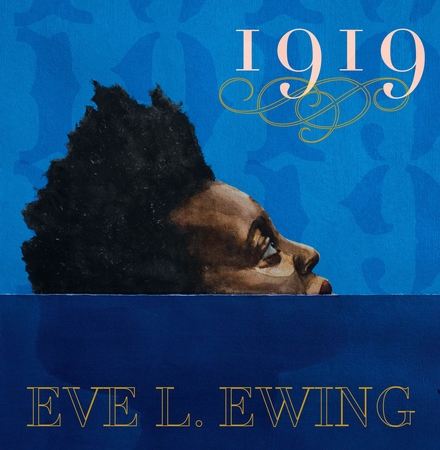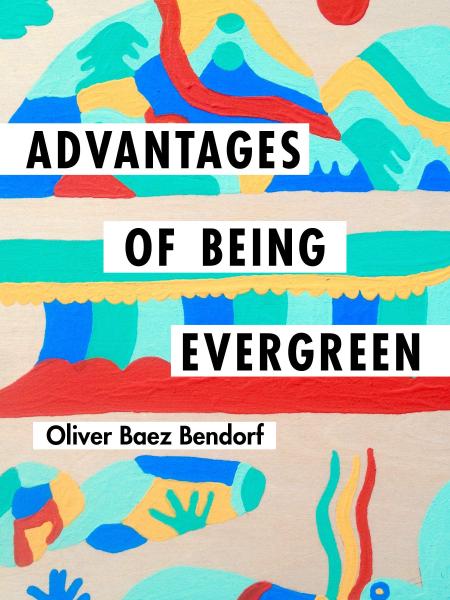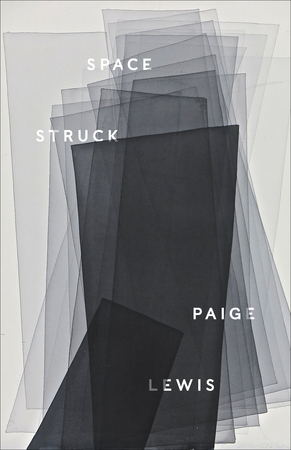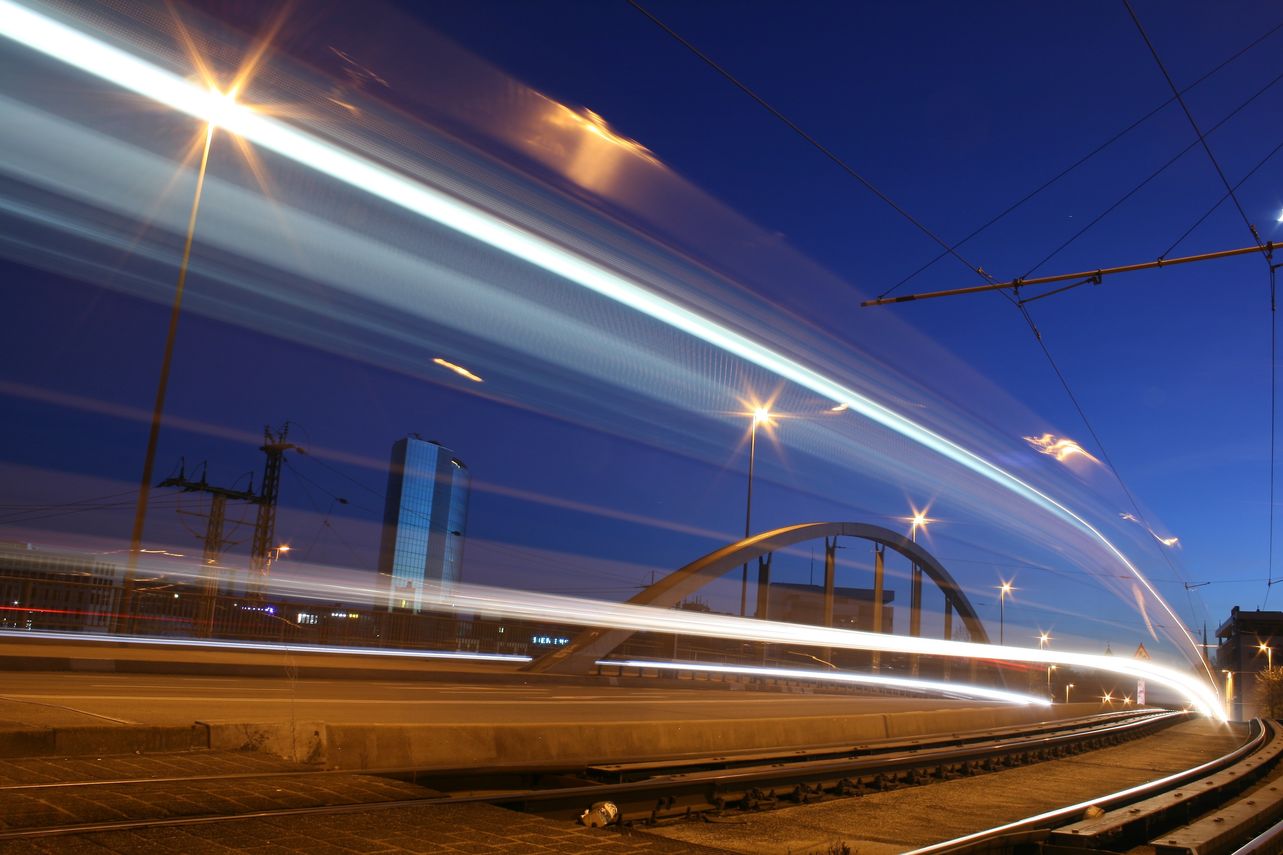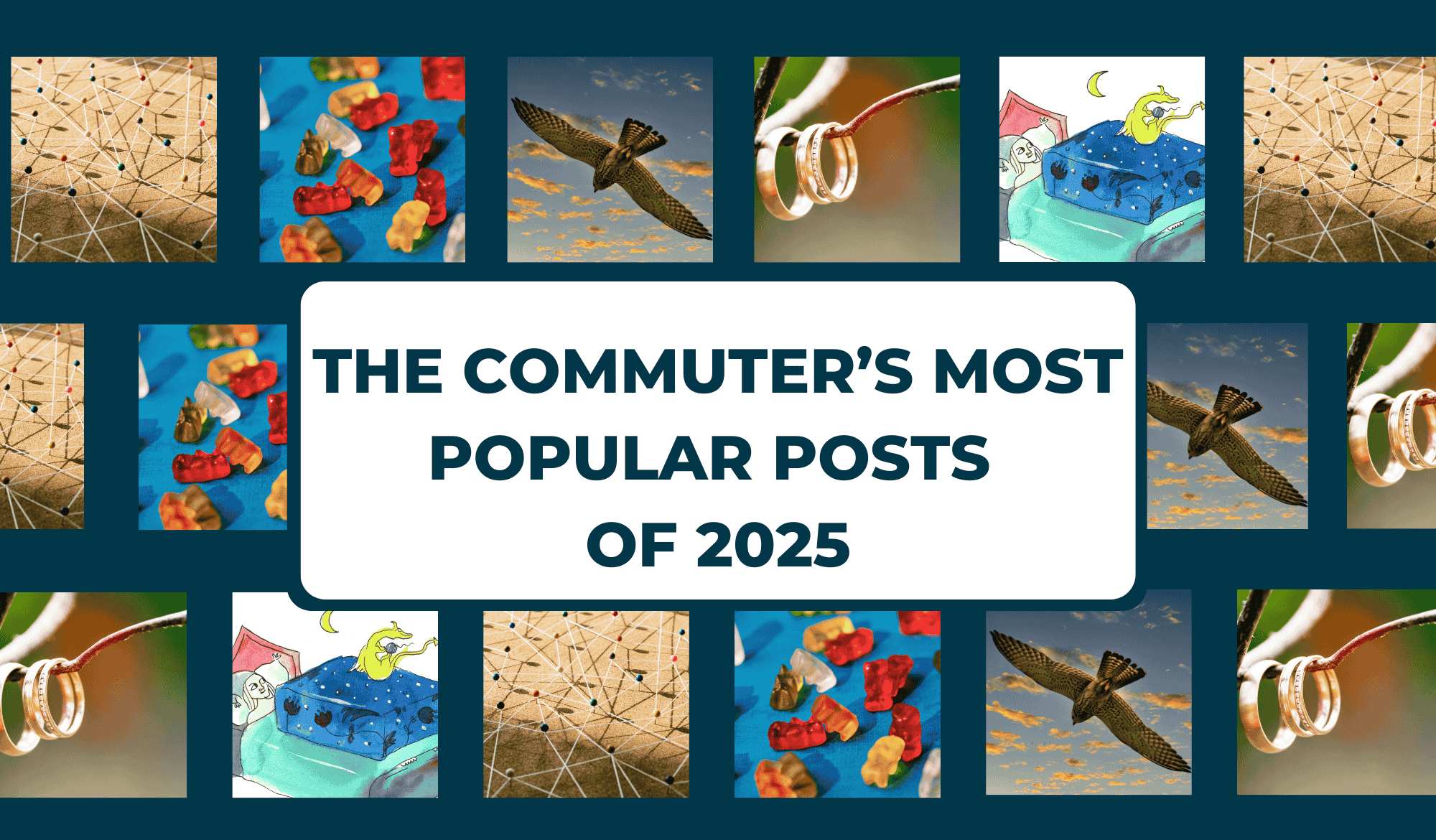Reading Lists
14 Unmissable Poetry Books from 2019
Some of the best poetic works to come out of a challenging year
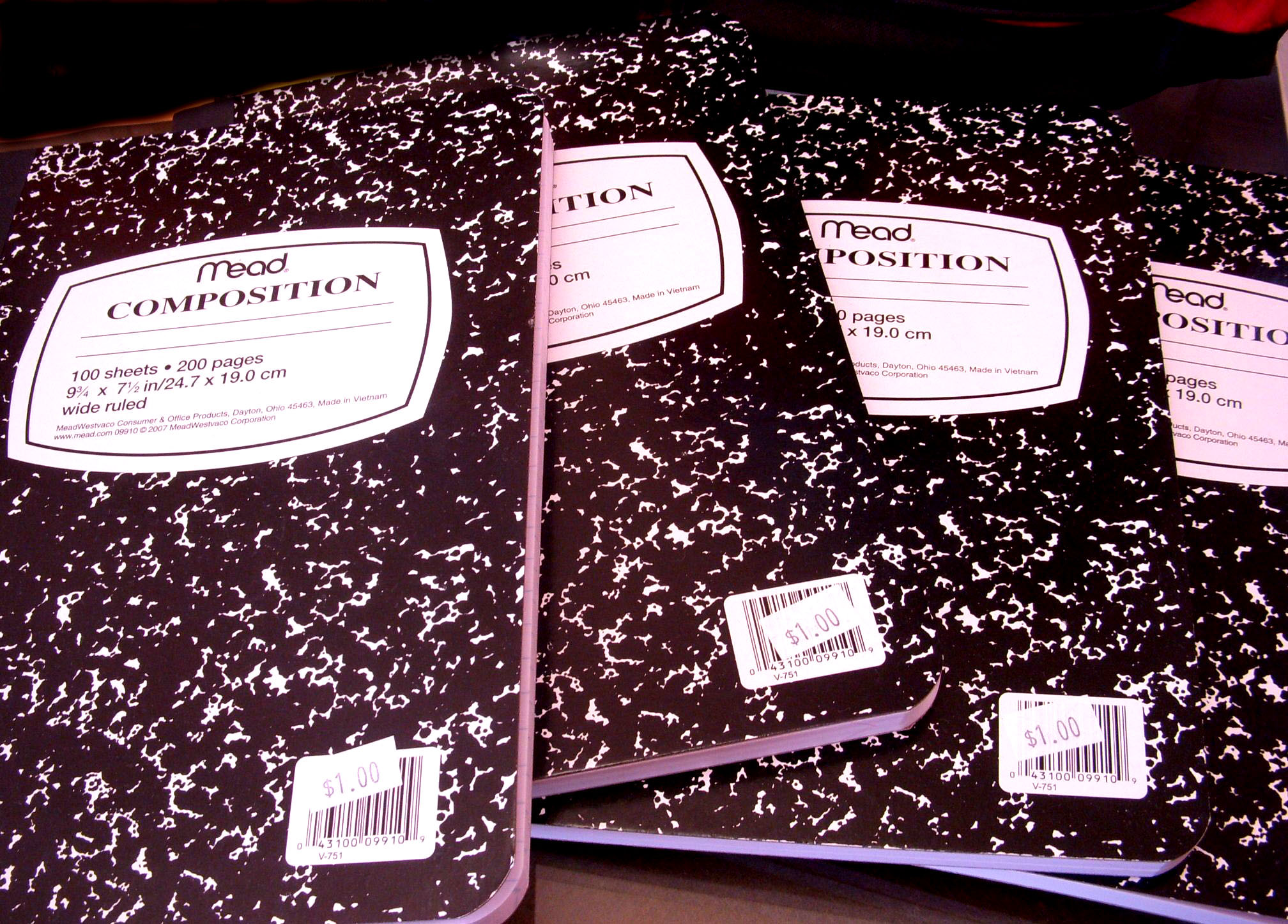
At the end of 2019, I’ve been thinking a lot about gratitude. I am grateful for the things that sustained me. This year especially, I held poetry close to my chest, needing the warmth and understanding that comes from a poet’s clarity and wisdom. Poetry, more than any other artistic medium, helps me feel connected with others. The more I read, the more I realize we’re all asking the same questions, we all wanting the same recognition from each other.
So, dear poets: we are grateful for you. Thank you for your work, your vulnerability with audiences. Thank you for the many hours you spend submitting poems to journals, traveling the country, connecting with editors, and hustling to get your words to us. We appreciate your thoughtfulness, all of the new ways you’ve found to express your anger, your joy, your loneliness, your desire. Thank you, in particular, for these 14 books.
Soft Science by Franny Choi
What does it mean to be human, to be real, especially in a world with increasing dependency on artificial intelligence and web presence? How do we still reach out to each other? Through our relationship to technology — using the Turing Test as a touchstone, but also drawing from programming languages, television, and the internet — Choi examines the nature of consciousness and human connection. These are poems about the selfhood we seek, the desire to be wanted, seen, acknowledged as real, and all of the mistakes made along that path to recognition. Soft Science is an earnest collection, written with dazzling expertise.
Build Yourself a Boat by Camonghne Felix
Camonghne Felix has written a collection of poems that seep into your consciousness and continue to unfold long after you’ve turned the page. These are stories about where we come from and how that shapes us, about the brightness and darkness of family, about womanhood and Black womanhood and death and survival. These are emotionally dynamic poems by a woman who has continued to live a full life and succeed despite all of the things that might have held her back. I think it’s probably cliché to call poems about trauma and hardship “brave” but I do think Felix is brave, and her careful approach to poetry is a feat to be admired.
A Fortune for Your Disaster by Hanif Abdurraqib
This is a collection of very specific memories and moments: a familiar sound playing out of an open car window as it rolls down the street, the smell of something cooking, the laugh of a friend. Among these things there are ghosts, sirens, dark clouds rolling in. Abdurraqib plays with nostalgia and history, both personal and cultural, and through that find commonality. He asserts: “& lord knows I have been called by what I look like/more than what I actually am” — and proceeds to share the blossoming garden of what he actually is. I get Fall Out Boy stuck in my head every time I see this book on my shelf, which is one of my life’s little joys.
Odes to Lithium by Shira Erlichman
Sometimes I wonder if we deserve Shira Erlichman and her beautiful mind. If there’s one thing this collection shows us, it is that there is joy and grace in this life, even alongside pain. Erlichman writes each moment with such skill and precision every poem is full of resilience and thoughtfulness. Ode to Lithium is exactly what it says on the tin: an exploration of the ups and downs of mental illness, and all of the struggles that come along with taking care of oneself. The voice in these poems deals with shitty doctors, family, friends and lovers, Bjork, cockroaches, and so much more. But more than anything, this collection is about living, finding ways to live and doing it on purpose.
while they sleep (under the bed is another country) by Raquel Salas Rivera
Rivera starts their collection with a proclamation: the number 4,645 bold across the page. This is the number of people dead as a result of Hurricane Maria due to the storm and governmental negligence afterward. This is an angry, grief-stricken, confrontational book that uses space to it’s advantage: at the top, English; below, Spanish as a footnote, echoing the voices of those who are an afterthought, if they are thought of at all. Rivera confronts readers with ugly truths. As a non-Spanish reader, I am confronted with my privilege. As a person with Puerto Rican ancestry, I am confronted with the distance between myself and my homeland. This is not so much a book but a slap across the face, a tear, a hug.
1919 by Eve L. Ewing
Eve L. Ewing’s second book is a preservation project. Ewing writes of Chicago in 1919, a time of Black migration to the north in search of work, and a race riot that shook the Black community to its core. The poems draw on history and Black cultural traditions to give voice to Chicagoans who became involved in and affected by the riot, who were buried by history and white supremacy. Exploring issues of race, class, and privilege, Ewing contrasts of graceful words and horrific realities to make 1919 a collection that soars.
Heart Like a Window, Mouth Like a Cliff by Sarah Borjas
It is an incredible gift for a writer to be able to place their reader so vividly in a location, amongst a people, within nuanced emotions. Sarah Borjas accomplishes all three in this collection with poems that echo into a long stretch of desert night. Balancing the deep love a person can have for their hometown with the wisdom from having moved on, Borjas illuminates Chicanx culture and family, heartbreak and loneliness, trauma and struggle. These poems ask, how do we fill the holes that have been left in us, the holes that have been punched through? How do we continue to bloom?
Advantages of Being Evergreen by Oliver Baez Bendorf
Reading this collection felt much like reading Oceanic by Aimee Nezhukumatathil. It’s about the Earth, yes, but more particularly about those who inhabit it and the space they take up, simultaneously encompassing a grand, aerial view of life and a simple, close, tender one at that. In a collection full of distinctive characters, the landscape is a character in itself, rendering a sweet slice of rural, rustic queer life. Bendorf’s collection is a testament to wild queerness, a collection that howls at the moon, demanding to be seen.
Space Struck by Paige M. Lewis
Lewis depicts a world of gentle, quiet observations and wonderment. Reading Space Struck made me want to see the world through the narrator’s eyes, to watch birds gather on a tree outside a kitchen window and think of joy, family, comfort. In these poems a person tries to find their place in nature, in the universe, by asking what is fair and what is good. Lewis’s poems balance the anxiety of being human with the excitement of knowing there could be more to life than what we know.
Eyes Bottle Dark with a Mouthful of Flowers by Jake Skeets
Coal. Beer. Boys. Gasoline. Smoke. Desire. Shattered glass. Discarded jeans. The world of Jake Skeet’s poems is both haunting and sweet, full of dirt and kisses so vivid you can taste them against your mouth. It’s a world that will hurt you, break your heart, but also reach for your hand and ask to be held. This collection examines all the shades of masculinity and manhood through the lens of someone young, queer, and Native. These poems hold pain and tenderness together in one hand to observe all the ways they interact. Thorn. Mouth.
Careen by Grace Shuyi Liew
In Liew’s first full-length collection, politics and pleasure are at play. These poems examine the intersection of race and sexuality, the roots of trauma and desire, and what it means to inhabit a politicized body. Liew’s sequential poems are ripe with bruises, both accidental and intentional. What stands out in these poems is the juxtaposition of fierceness and softness—the language is both vulnerable and assertive, which feels like an undeniably feminine experience. What does it mean to be a woman who wants? What does it mean to want, to be wanted? What does it taste like?
Heed the Hollow by Malcolm Tariq
In one fell swoop, Malcolm Tariq has joined the ranks of Danez Smith and Jericho Brown with this essential collection of poems on the queer Black experience. Heed the Hollow is about what it means to be a man, how to deal with wanting what you’re told you shouldn’t want, how to love your religion and family and home while reconciling with history and culture. These poems interrogate racism in the South, the politics of sex and pleasure, the politics forced on Black bodies, while also balancing care, reverence, and self-love. Tariq’s empathic voice truly owns its space in the world.
Lima :: Limón by Natalie Scenters-Zapico
It may be strange to call a collection about gender violence and emotional labor beautiful, but it is, in the same way that women’s capability of finding something to hold on to even when everything seems built to destroy them is beautiful. Scenters-Zapico’s poems are both sour and savory, sweet and sticky. Exploring the nature of machismo in Latinx culture, relationships and sexuality, femininity and domesticity, Scenters-Zapico has crafted a book that speaks to anyone who has jumped through hoops to please someone else. But there is an assertion of selfhood here too, and above all else, the truth of a survivor.
Library of Small Catastrophes by Alison C. Rollins
Alison C. Rollins does Simone Biles-level gymnastics with language, effortlessly backflipping and twisting over inquisitive and introspective lines on love and loss, on Blackness and womanhood, on tragedy and discovery. With a delicate mix of history, surrealism, and library reference numbers, the poems in this collection are in command of their subject matter, coming at us so fiercely and swiftly. We don’t know what hit us until the damage is already done. “Dear Dewey Decimal System, / How will I organize all the bodies? / The professor said that in judging / women’s bodies by their covers / we have a system for returning / things back to where they belong.” Library of Small Catastrophes secures Rollins’ place alongside a long lineage of poets at the top of their game.
Before you go: Electric Literature is campaigning to reach 1,000 members by 2020, and you can help us meet that goal. Having 1,000 members would allow Electric Literature to always pay writers on time (without worrying about overdrafting our bank accounts), improve benefits for staff members, pay off credit card debt, and stop relying on Amazon affiliate links. Members also get store discounts and year-round submissions. If we are going to survive long-term, we need to think long-term. Please support the future of Electric Literature by joining as a member today!




